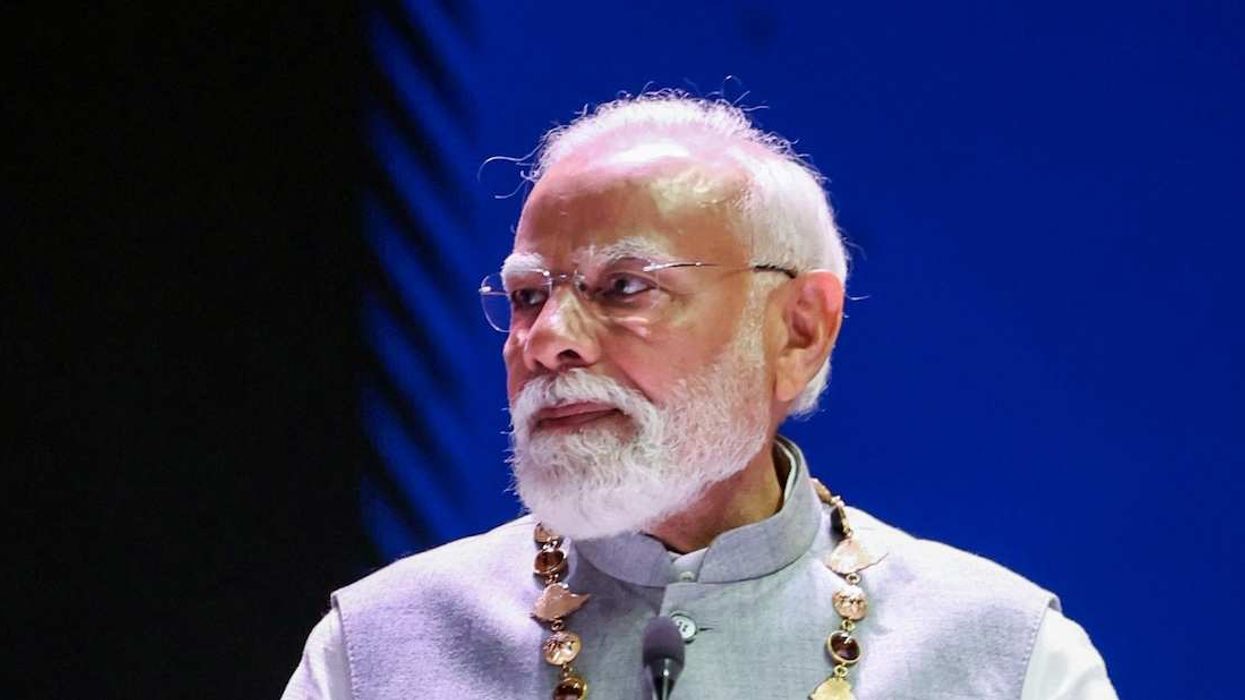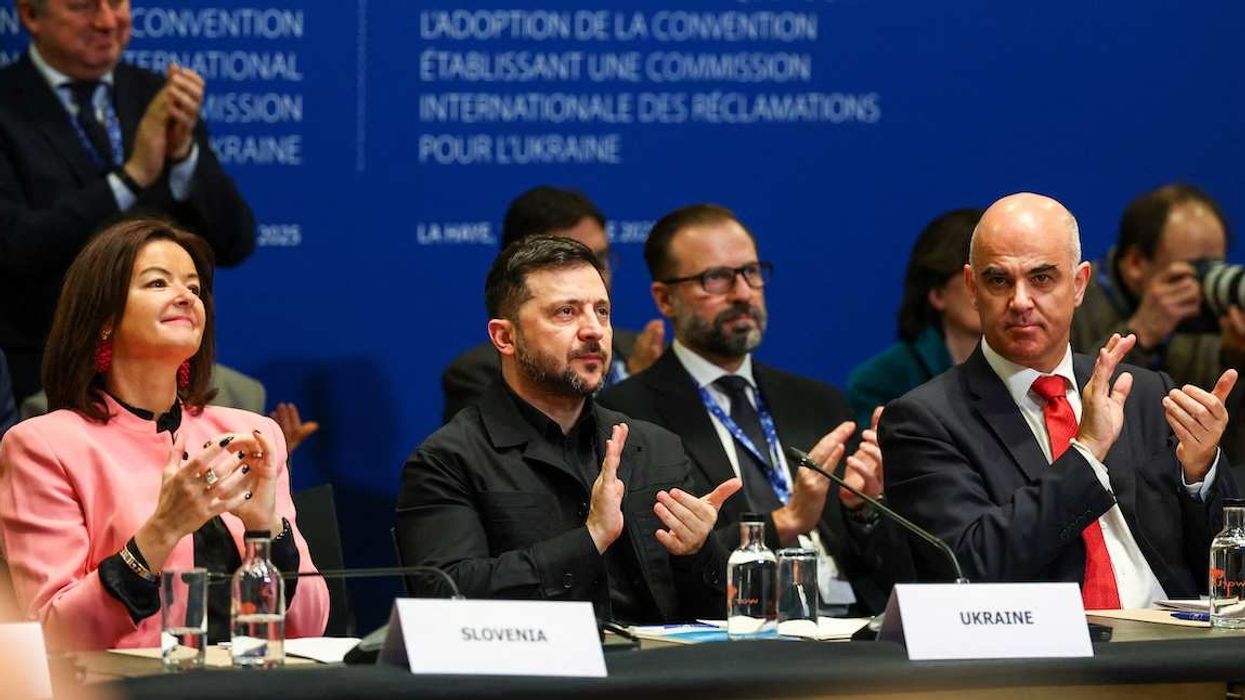Ruto hopes to advocate for the extension of the African Growth and Opportunity Act, which eliminates import tariffs on goods from eligible sub-Saharan African nations in the US market and is set to expire in 2025. East African nations began talks with the United States on a free trade agreement in 2020, but so far, no agreement has been finalized.
For the US, the aim is to counter China’s influence in Kenya. China is the biggest exporter to Kenya, and Washington is keen to eat into Beijing’s clout in the region.
A state visit includes a ceremonial welcome, a state dinner, and normally, an address to a joint session of Congress. But House Speaker Mike Johnson brushed aside an appeal from the top Democrat and Republican on the House Foreign Affairs Committee to invite Ruto to speak due to scheduling restraints. Since Republicans took control of the House, they have allowed India, Japan, Israel, and South Korea to address Congress during their visits.
Democrats wrote in a letter that “failing to offer the same invitation to President Ruto risks sending the message that African partnerships are less valued by Congress” at a time when US adversaries – from Russia, to China, to Iran – are seeking to undermine its alliances on the continent.



















